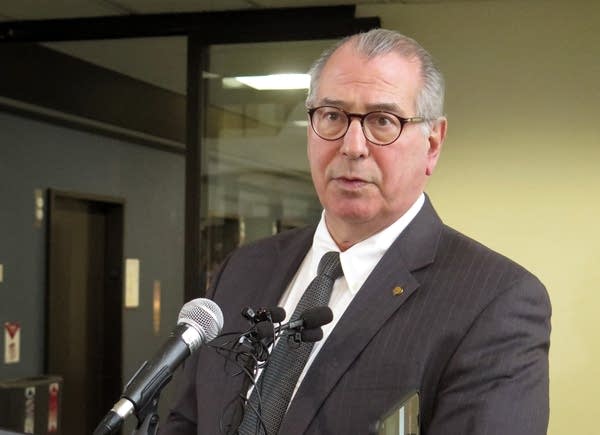Freeman called a grand jury in Ruszczyk killing. Why?

Hennepin County attorney Mike Freeman on Jan. 24, 2017.
Matt Sepic | MPR News file
Go Deeper.
Create an account or log in to save stories.
Like this?
Thanks for liking this story! We have added it to a list of your favorite stories.


